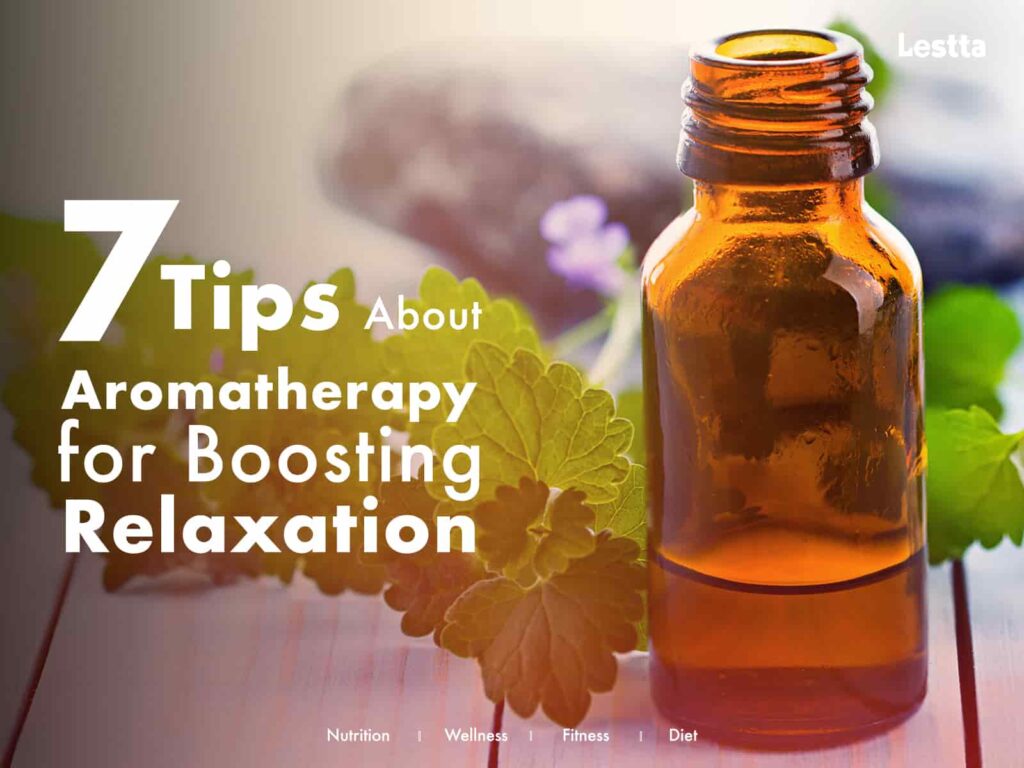
In today’s fast-paced world, stress and anxiety have become common companions for many people. One of the most popular and natural methods for relaxation is aromatherapy, essential oils extracted from plants to promote overall well-being. In this article, we’ll explore seven valuable tips about aromatherapy.
1. Choose the Right Essential Oils
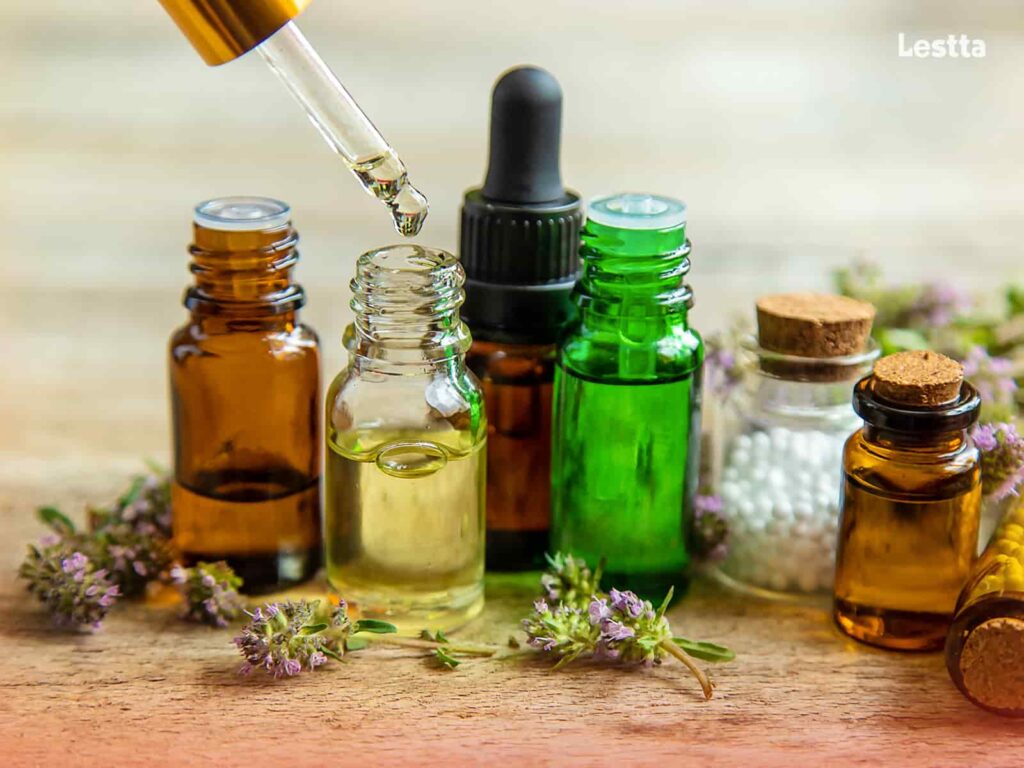
The foundation of aromatherapy lies in the careful selection of essential oils. Each oil possesses unique properties and aromas that can influence our mood and emotions. Lavender is renowned for its calming effects, while citrus oils like lemon and bergamot uplift the spirit and reduce stress.
Frankincense and chamomile are ideal for promoting relaxation, and eucalyptus can clear the mind and ease tension. Take the time to discover the scents that resonate with you best to enhance your aromatherapy experience.
2. Proper Dilution and Application

Undiluted essential oils can be too potent and may cause skin irritation. Always dilute essential oils with a carrier oil like coconut or jojoba oil before applying them to your skin.
This not only ensures safety but also helps the fragrance last longer. Additionally, consider using a diffuser to disperse the oils into the air, allowing their aroma to fill your space without direct contact.
3. Create a Relaxing Environment
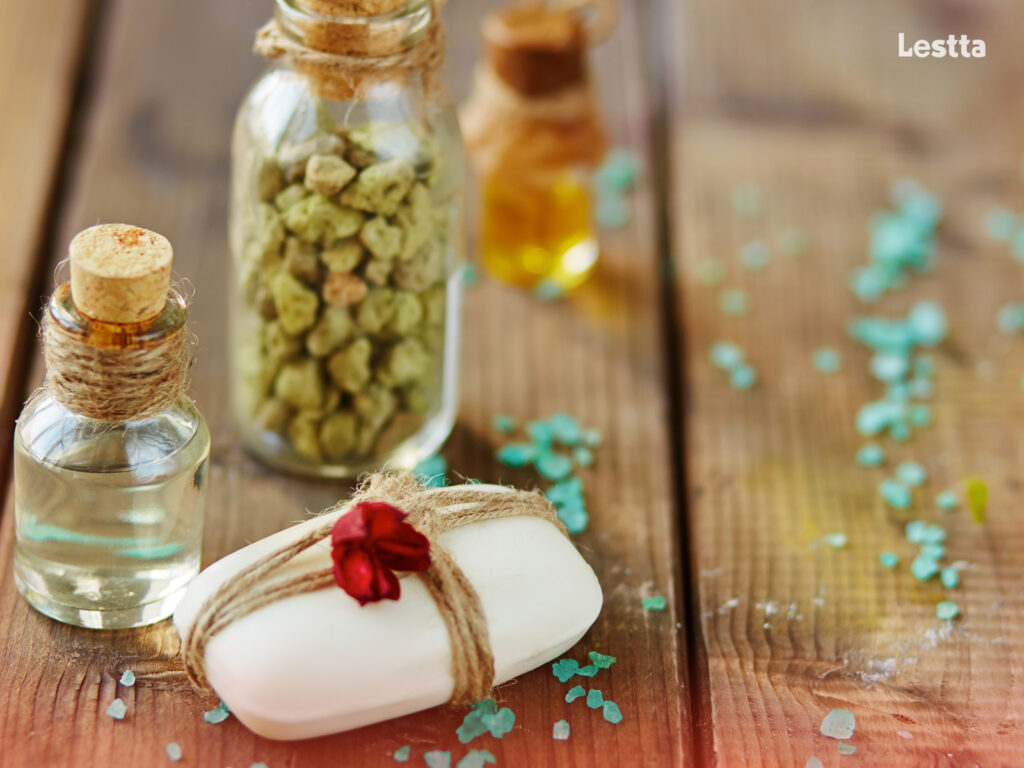
To fully immerse yourself in the benefits of aromatherapy, it’s crucial to set up a serene and calming environment. Dim the lights, light some candles, and play soft, soothing music to create the perfect ambiance for relaxation.
The combination of aromatherapy with a peaceful environment enhances its efficacy in reducing stress and anxiety.
4. Incorporate Aromatherapy Into Your Bath Time
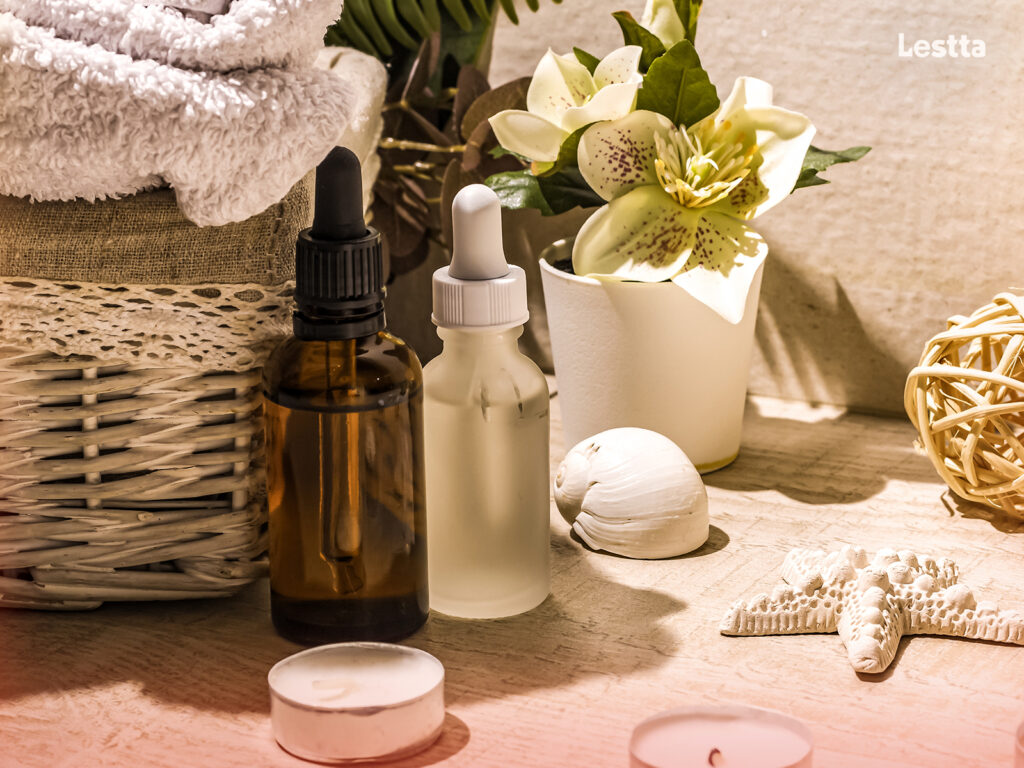
Bathing with essential oils can be a deeply rejuvenating experience. Add a few drops of your preferred essential oil to a warm bath and let the scent envelope you as you soak. Not only does this aid in relaxation, but it can also help to alleviate muscle tension and promote a good night’s sleep.
5. Consider Aromatherapy Massage
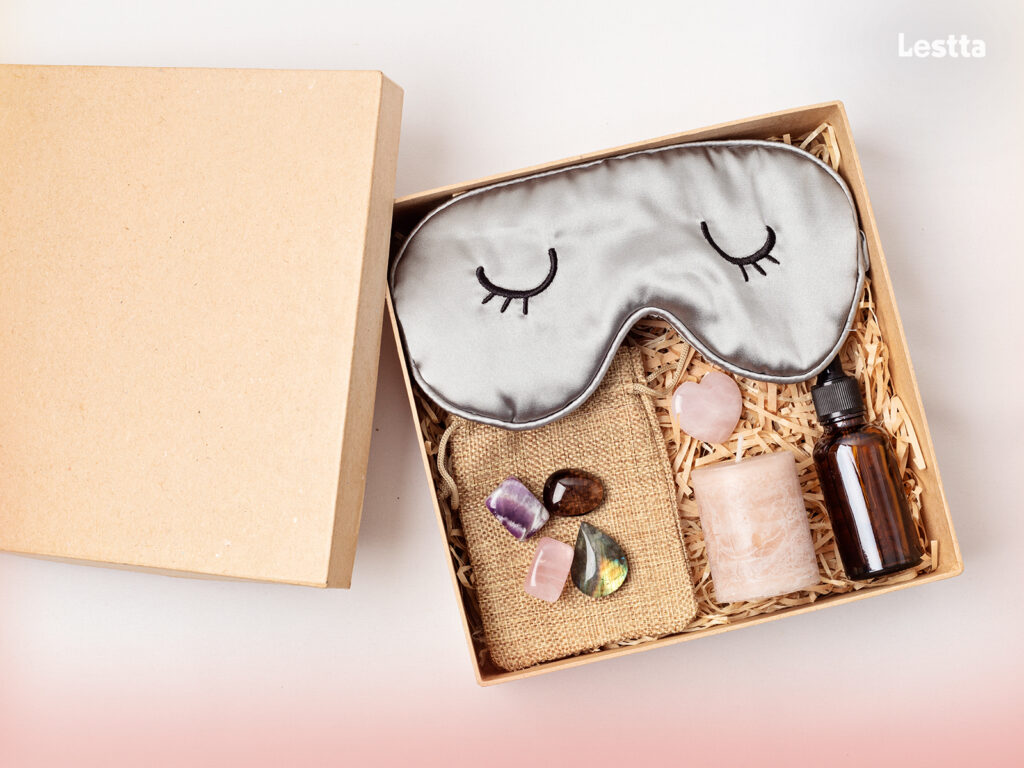
Aromatherapy massage combines the benefits of touch with the therapeutic properties of essential oils. Professional aromatherapists can blend oils tailored to your specific needs, making it an excellent option for relieving stress, reducing muscle pain, and fostering relaxation.
The soothing touch, combined with the calming aroma of the oils, creates a truly blissful experience.
6. Aromatherapy for Better Sleep

If you struggle with falling asleep or staying asleep, aromatherapy can be a valuable aid. Lavender and chamomile oils are particularly effective in promoting relaxation and improving sleep quality.
Create a calming bedtime routine by diffusing these oils, applying a diluted blend to your pulse points, or using them in a bedtime bath.
7. Practice Mindfulness During Aromatherapy Sessions
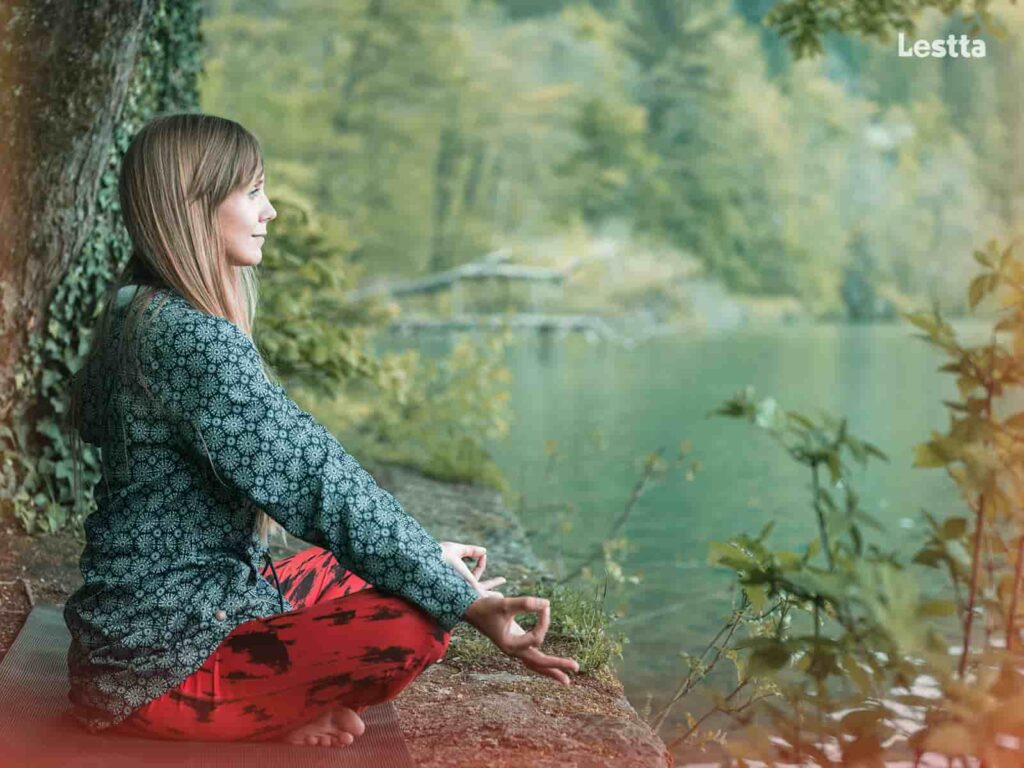
Mindfulness is the art of being fully present and engaged in the moment. When using aromatherapy for relaxation, practice mindfulness by focusing on the scent, the sensation, and the emotions it evokes.
Allow yourself to let go of any racing thoughts or worries, and fully immerse yourself in the aromatherapy experience.
Conclusion
Incorporating aromatherapy into your daily routine can be a game-changer when it comes to relaxation and well-being. The power of essential oils in calming the mind and body is a natural and effective way to combat stress and anxiety. Remember to choose the right essential oils, dilute them properly, and create a soothing environment to maximize the benefits of aromatherapy.









